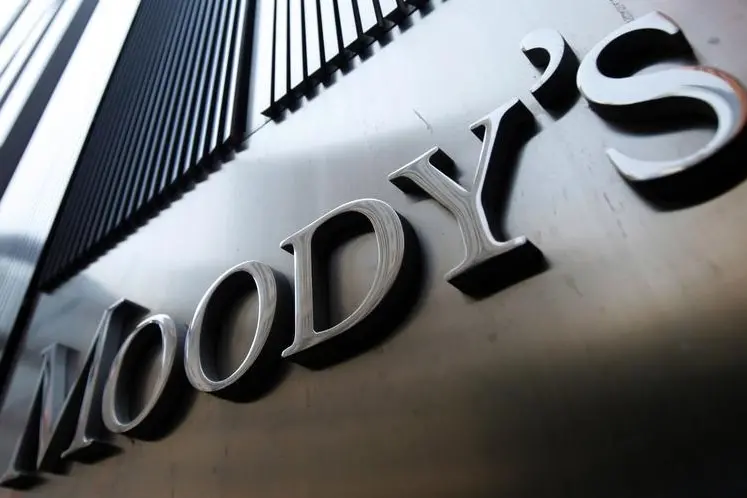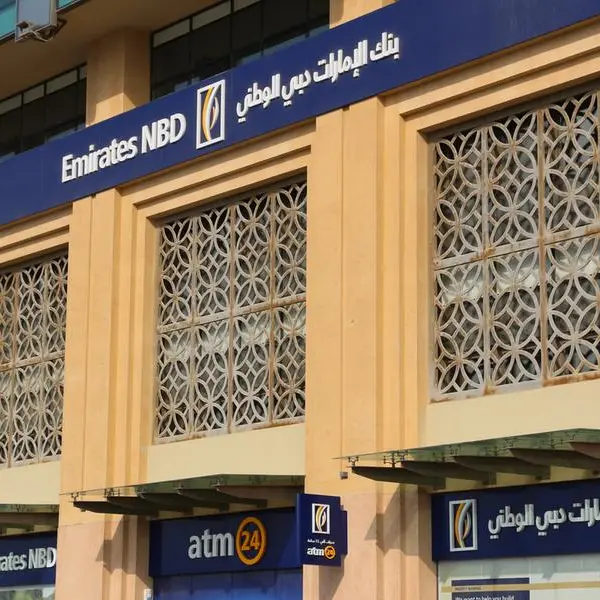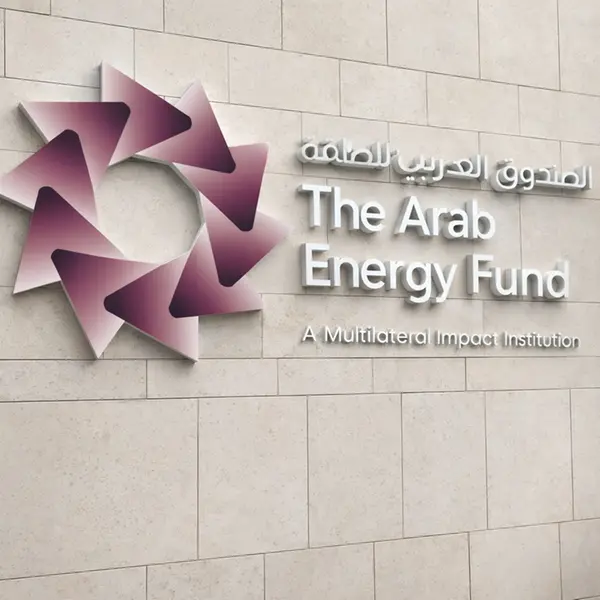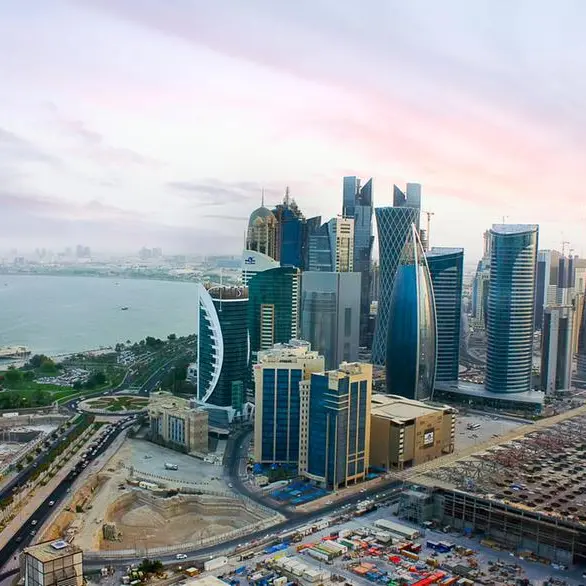PHOTO
Muscat – Sustained economic growth, governments’ commitment to promoting the broader Islamic finance industry, and growing demand for sharia’a-compliant products across the GCC region will continue to drive Islamic financing growth, which will outpace that of conventional banks, according to Moody’s Ratings.
Islamic banking has the highest market penetration in Saudi Arabia at 85%, with significant potential for growth in the UAE, Oman, Kuwait, and Qatar, Moody’s said in a sector comment report. Saudi Arabia, the rating agency added, is poised to benefit the most from growth opportunities given the financing needs of the government’s Vision 2030 program.
Moody’s has forecasted that the profitability of Islamic banks in the GCC countries will remain strong over the next 12 to 18 months. The agency attributed the robust profitability of Gulf Islamic banks to increased commercial activity driven by government efforts to diversify economies across the GCC.
The report noted that Islamic financing will continue to outperform its conventional counterpart, with rising demand for sharia’a-compliant products. It also predicted further growth through mergers, as the sector seeks to enhance revenue generation and reduce costs.
Moody’s highlighted that Islamic banks in GCC countries will continue to maintain strong capital and liquidity, enabling them to capitalise on the growing demand for sharia’a-compliant financial services in the Gulf region.
‘Islamic banks across most of the region have ample liquidity to support their expansion, thanks to strong deposit inflows. However, Islamic banks will continue to hold relatively lower levels of liquid assets than their conventional peers, reflecting a lack of liquid sharia’a-compliant financial instruments for liquidity management,’ Moody’s said.
The agency expects non-oil economic growth in GCC countries to remain strong in 2025, driven by ambitious government economic diversification plans and strong business confidence.
Badis Shubailat, Assistant Vice President and Analyst at Moody’s, said, “Sustained economic growth, government commitment to bolstering the broader Islamic finance industry, and increasing demand for sharia’a-compliant products in the GCC region will continue to drive Islamic finance growth, outpacing its conventional peers.”
Asset quality will remain stable
The asset quality of GCC Islamic banks is expected to remain stable over the next 12 to 18 months, supported by continued economic growth across the region, backed by infrastructure spending and strong business sentiment, particularly in Saudi Arabia.
‘This is because Islamic banks’ lending is concentrated in large-scale, low-risk projects backed by the sovereign wealth fund, the Public Investment Fund. Islamic banks’ non-performing financing ratios have remained broadly stable since the onset of the pandemic, comparable to those of conventional peers,’ Moody’s said.
The rating agency stated that GCC Islamic banks will also benefit from government-led initiatives to promote home ownership and increase private sector employment, presenting opportunities for retail lending growth.
‘A key structural feature of GCC Islamic banks remains their focus on household financing. This type of financing is typically spread across a diverse range of customers, backed by collateral, and has historically performed well. A large proportion of GCC retail banking customers are public-sector employees who have had stable employment through various credit cycles,’ Moody’s said.
Corporate financing, according to Moody’s, remains a significant component of Islamic banks’ credit exposure, particularly to the historically cyclical and confidence-sensitive construction, contracting, and real estate sectors.
‘This brings high concentrations to single corporate borrowers, and this is typically more pronounced for smaller Islamic banks with narrower retail franchises. However, the asset risk of Islamic financing for large corporations will be mitigated by lending to low-risk government-backed projects. This is especially the case in Saudi Arabia, where the government is supporting the contracting sector, historically the largest contributor to problem loans, in an effort to ensure minimal disruption to its giga-projects,’ Moody’s said.
© Apex Press and Publishing Provided by SyndiGate Media Inc. (Syndigate.info).





















